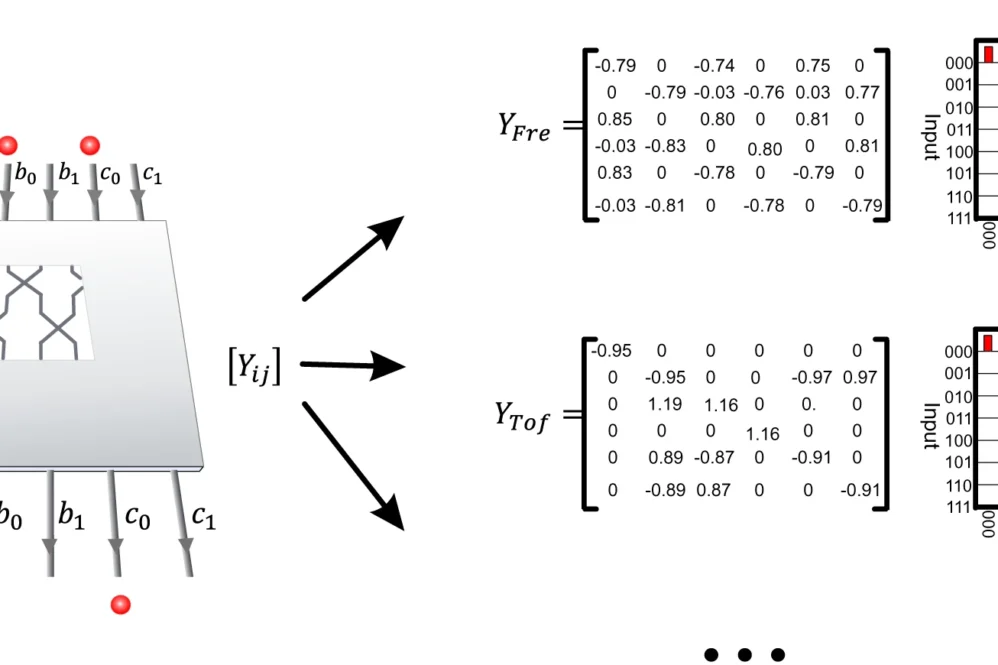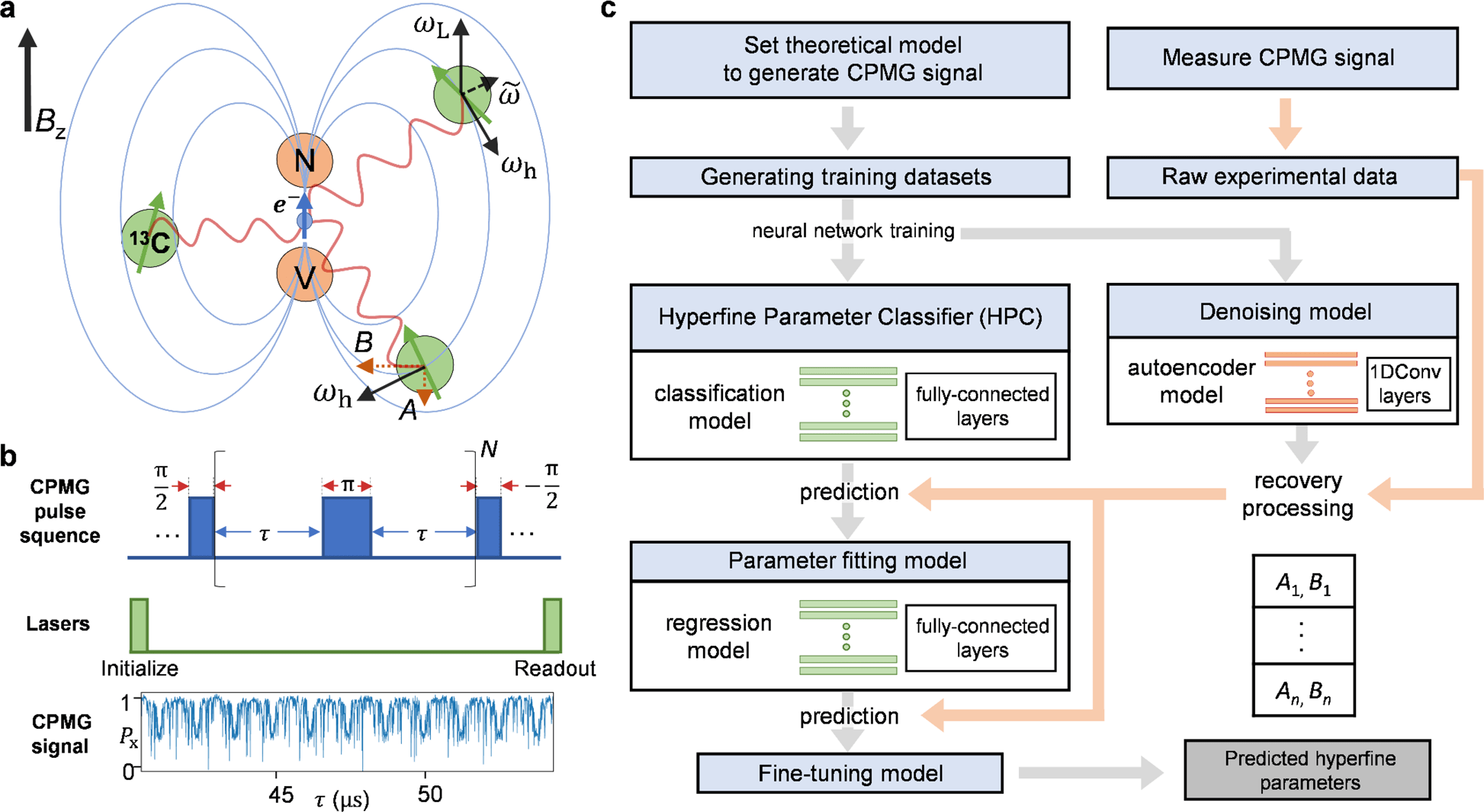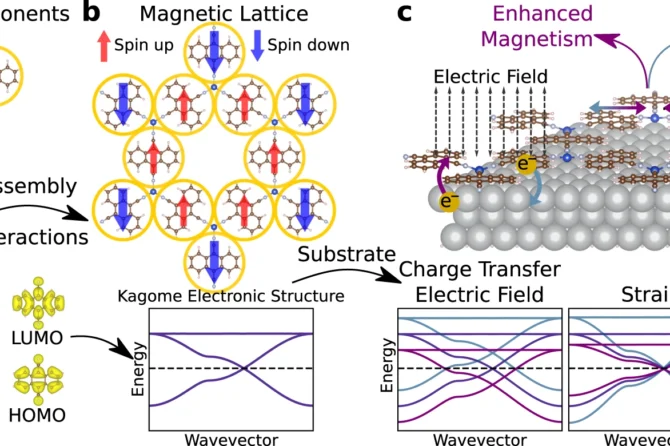This research presents a breakthrough in quantum computing by demonstrating three-qubit Fredkin and Toffoli gates on a programmable quantum photonic chip. These quantum logic gates are fundamental components for Quantum Information Processing (QIP) and quantum computation.
Previous implementations of quantum Fredkin gates were limited, as they only worked with pre-entangled input states in free-space optics, restricting their use with independent input photons. Additionally, traditional three-qubit gates like the Toffoli gate required complex implementations using multiple CNOT gates, making efficient realization challenging.
The researchers developed an innovative approach using integrated photonic circuits, which offers several advantages over traditional bulk optics systems. Rather than decomposing multi-qubit gates into simpler components, their method allows independent encoded photons to pass through an optical circuit that implements specific transformations. These transformations are programmed by controlling phases of Mach-Zehnder Interferometers (MZI).
The significance of this work lies in multiple aspects. First, it overcomes the limitations of previous implementations by allowing operation with independent input photons. Second, the programmable silicon-based photonic chip can realize various quantum logic gates, including both Fredkin and Toffoli gates, on a single platform. Third, the method is scalable and can be extended to implement larger n-qubit Toffoli gates.
This advancement addresses several key challenges in quantum computing, including programmability, scalability, and stability – issues that have historically plagued bulk optical systems. The integration of diverse quantum logic gates on a single photonic chip represents a significant step toward developing more sophisticated quantum processors.
The research builds upon recent progress in quantum computation across various systems, including superconducting qubits, linear optics, atoms, and NMR qubits. The successful implementation of these gates on an integrated photonic platform opens new possibilities for quantum computation and communication, potentially enabling more complex quantum processing tasks in the future.
The research demonstrates a groundbreaking implementation of three-qubit Fredkin and Toffoli gates on a programmable quantum photonic chip, overcoming previous limitations of pre-entangled input states and bulk optics systems by using controlled Mach-Zehnder interferometers to enable independent input photons, marking a significant advance toward scalable quantum processors.
Reference: Li, Y., Wan, L., Zhang, H. et al. Quantum Fredkin and Toffoli gates on a versatile programmable silicon photonic chip. npj Quantum Inf 8, 112 (2022). doi:10.1038/s41534-022-00627-y




